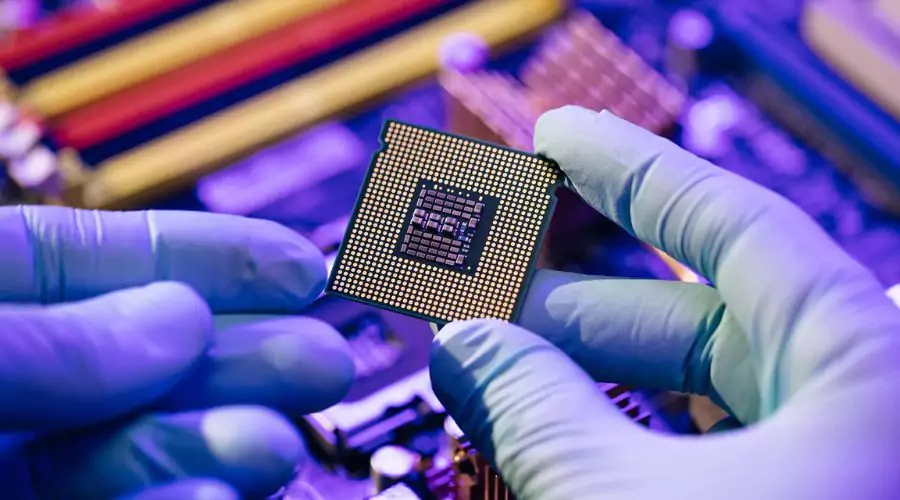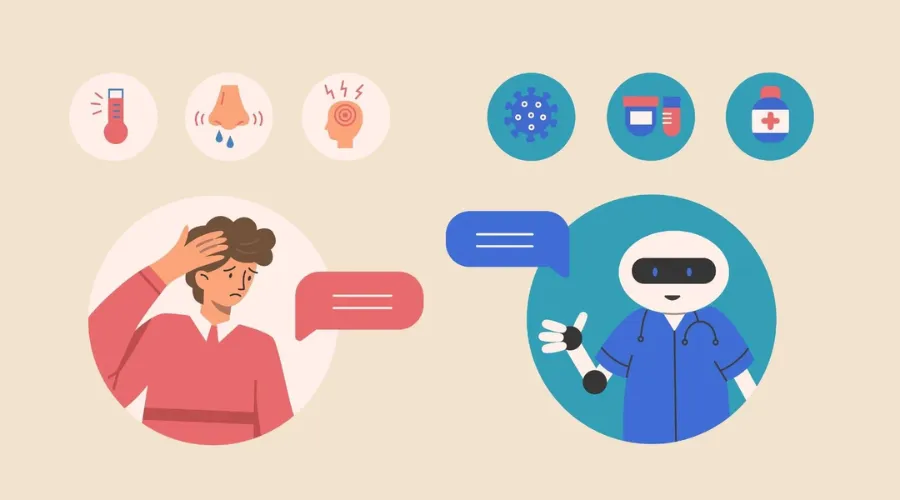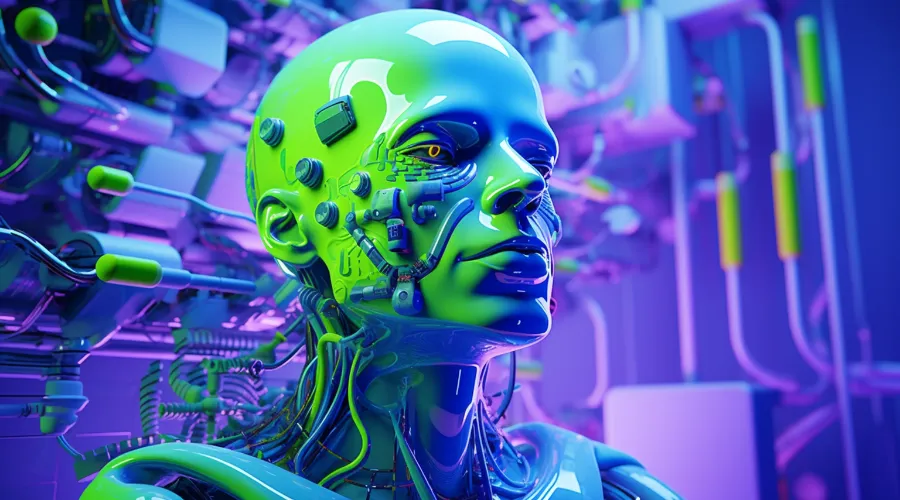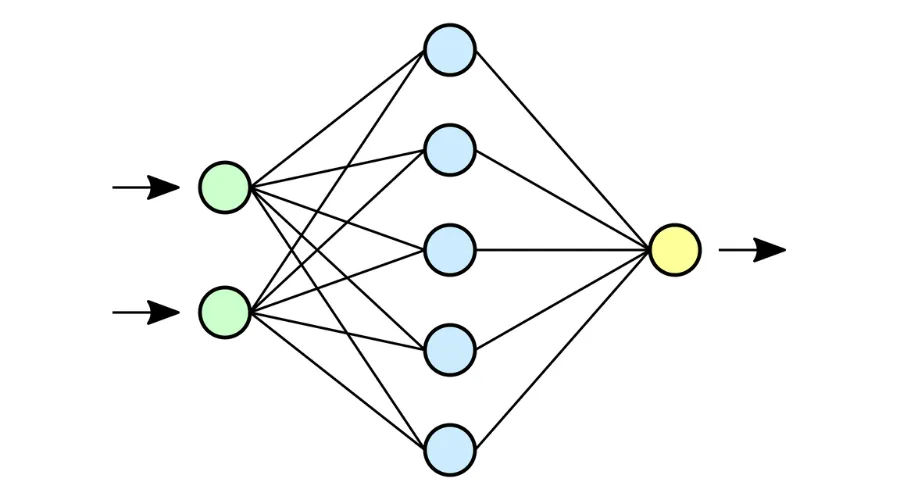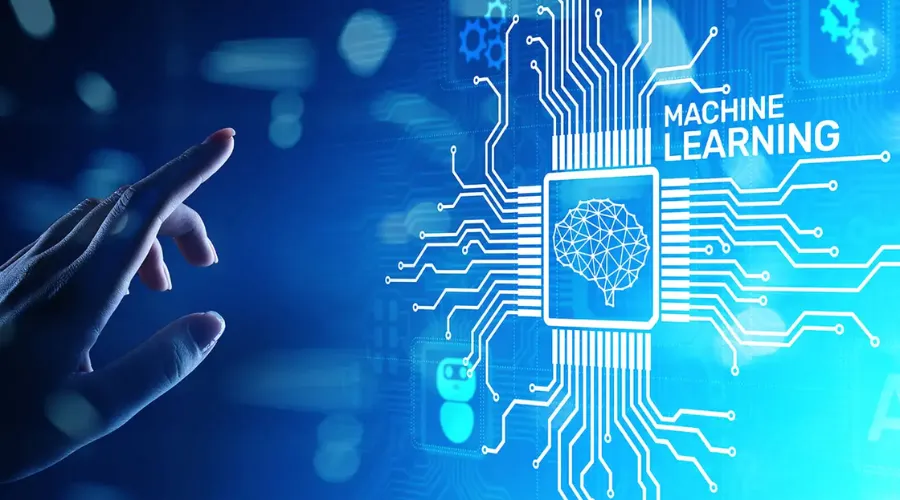
In the realm of cutting-edge technology, one term has been making waves across various industries and disciplines—Artificial Intelligence (AI). As we delve into this fascinating world, we’ll explore the essence of AI, its transformative impact on society, and the myriad possibilities it holds for the future.
Understanding Artificial Intelligence
Artificial Intelligence, often abbreviated as AI, refers to the simulation of human intelligence in machines that are programmed to think, learn, and problem-solve like humans. It encompasses a broad spectrum of technologies and applications, ranging from simple rule-based systems to complex neural networks. The ultimate goal of AI is to create systems that can perform tasks that typically require human intelligence, such as visual perception, speech recognition, decision-making, and language translation.
Types of Artificial Intelligence
AI can be classified into three main categories:
1. Narrow or Weak AI
Narrow AI is designed to perform a specific task, and its capabilities are limited to that particular domain. Examples include virtual personal assistants like Siri or Alexa, which excel in voice recognition and natural language processing but lack the broader cognitive abilities of a human.
2. General or Strong AI
In contrast, General AI aims to replicate the broad spectrum of human cognitive abilities. This hypothetical form of AI possesses the capacity to understand, learn, and apply knowledge across diverse domains—a level of intelligence comparable to that of a human being. Achieving General AI remains a formidable challenge in the field.
3. Artificial Superintelligence
Artificial Superintelligence (ASI) goes beyond human intelligence and represents a level of cognitive ability that surpasses even the most brilliant human minds. While this concept is largely theoretical, it sparks debates about the potential risks and ethical considerations associated with creating entities that surpass human intelligence.
The Impact of Artificial Intelligence on Society
As AI continues to evolve, its impact on society is becoming increasingly profound. From revolutionizing industries to influencing daily life, here are some key areas where AI is making a significant mark:
1. Healthcare Revolution
Artificial Intelligence is reshaping the landscape of healthcare, offering innovative solutions for diagnosis, treatment, and patient care. Machine learning algorithms analyze medical data with unprecedented speed and accuracy, aiding in early disease detection and personalized treatment plans. AI-driven robotic surgeries are pushing the boundaries of precision, making complex procedures safer and more efficient.
Case Study: IBM Watson for Oncology
IBM Watson for Oncology is an AI-powered platform that assists oncologists in formulating evidence-based treatment plans for cancer patients. By analyzing vast amounts of medical literature, clinical trial data, and patient records, Watson for Oncology provides insights that can enhance decision-making and improve patient outcomes.
2. Transforming Education
AI is playing a pivotal role in revolutionizing education by providing personalized learning experiences. Intelligent tutoring systems use machine learning algorithms to adapt to individual students’ needs, delivering targeted lessons and feedback. Virtual reality and AI-driven simulations create immersive learning environments, making education more engaging and effective.
The Rise of EdTech Startups
Numerous startups are leveraging AI to disrupt the traditional education system. Platforms like Duolingo use AI to personalize language learning, while adaptive learning tools like DreamBox adapt content based on students’ proficiency, ensuring optimal learning outcomes.
3. Reshaping the Workforce
The integration of AI into the workforce is transforming the nature of jobs and the skills required. While AI automates routine and repetitive tasks, it also opens up new opportunities for human workers to focus on creative, strategic, and emotionally intelligent aspects of their roles. The workforce of the future is likely to be characterized by collaboration between humans and AI.
Embracing the Collaborative Future
Companies like OpenAI are pioneering research in AI systems that collaborate with humans to achieve shared goals. This collaborative approach aims to enhance human productivity and creativity while leveraging the strengths of AI in handling data-driven tasks and decision-making.
4. Ethical Considerations and Challenges
The rapid advancement of AI introduces ethical considerations and challenges that require careful navigation. Issues such as bias in algorithms, job displacement due to automation, and concerns about data privacy demand robust ethical frameworks and regulations. Striking a balance between innovation and ethical responsibility is crucial for ensuring the responsible development and deployment of AI technologies.
Guiding Principles for Ethical AI
Developing ethical AI requires adherence to principles such as transparency, fairness, accountability, and inclusivity. Organizations and researchers are working towards establishing guidelines and frameworks that prioritize ethical considerations in AI development.
The Future Landscape of Artificial Intelligence
As we gaze into the future, the trajectory of AI development promises even more groundbreaking advancements. From enhanced human-AI collaboration to the potential emergence of Artificial General Intelligence, the future of AI is rife with possibilities.
1. Human-AI Collaboration
The collaborative synergy between humans and AI is poised to become a hallmark of the future workforce. As AI systems become more sophisticated, they will complement human skills, augmenting our capabilities in problem-solving, decision-making, and creative endeavors. This collaborative model aims to leverage the unique strengths of both humans and machines to achieve unprecedented outcomes.
The Role of Creativity in AI
While AI has demonstrated prowess in data-driven tasks, the realm of creativity remains a distinctive human domain. Future AI systems may evolve to assist and inspire human creativity, opening up new frontiers in fields such as art, design, and innovation.
2. Explainable AI and Trust
Addressing the “black box” nature of AI algorithms is crucial for building trust in AI systems. Explainable AI, which enables the understanding of how AI arrives at specific decisions, is gaining traction. This transparency not only enhances accountability but also fosters user trust, a critical factor for widespread acceptance and adoption of AI technologies.
Building Trust in Autonomous Systems
In sectors like autonomous vehicles, where AI plays a pivotal role, building trust is paramount. Explainable AI can provide users with insights into the decision-making processes of autonomous systems, ensuring a safer and more predictable integration of AI into everyday life.
3. Ethical AI Governance
The ethical implications of AI development necessitate robust governance frameworks. Governments, industry stakeholders, and the research community must collaborate to establish guidelines that prioritize ethical considerations. This includes addressing biases in AI algorithms, ensuring fairness, and safeguarding privacy rights.
International Collaboration for Ethical AI
Given the global nature of AI development, international collaboration is essential for establishing consistent ethical standards. Initiatives like the Montreal Declaration for Responsible AI seek to bring together experts, policymakers, and organizations to create a collective vision for the ethical development and deployment of AI technologies.
4. Striving Towards Artificial General Intelligence
While the development of General AI remains a formidable challenge, researchers and organizations are actively working towards achieving this milestone. The pursuit of Artificial General Intelligence involves creating systems that can perform any intellectual task that a human being can—a goal that holds immense potential and raises significant ethical considerations.
The Ethical Dimensions of General AI
As researchers inch closer to General AI, ethical considerations become increasingly complex. Issues such as control, safety, and the societal impact of highly intelligent systems require careful deliberation and a proactive approach to ethical AI development.
Conclusion
Artificial Intelligence is undeniably one of the most transformative forces of our time, reshaping industries, redefining job roles, and propelling humanity into a new era of innovation. As we navigate the evolving landscape of AI, it is imperative to approach its development and deployment with a commitment to ethical principles, transparency, and collaboration. The future holds the promise of unprecedented advancements, but it is our responsibility to ensure that AI aligns with human values and contributes to the betterment of society as a whole.


